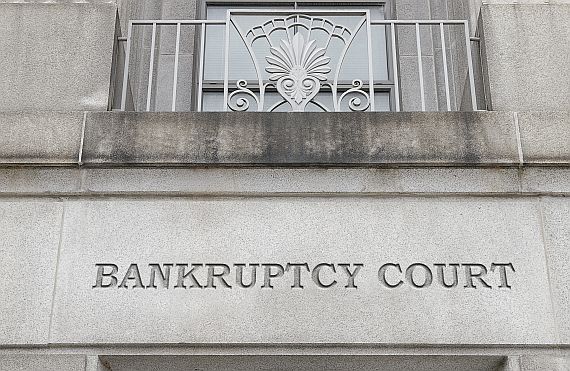- To bring a mortgage current
- Income is too high to qualify for a chapter 7
- The debtor received a chapter 7 discharge in the last 8 years
- To obtain relief from significant tax debts
- To avoid liquidation of high value assets in a chapter 7 such as a second home or in some rare cases a primary residences.
A debt consolidation may be a good option if your debt consists only of credit cards and personal loans. If you have other debts, such as medical, payday loans, rental, or auto loan deficiencies, consolidation is not an option. In most cases, a chapter 13 bankruptcy will be much more affordable than a debt consolidation because it is based on ability to pay. Rarely do clients pay back their balances in full in a chapter 13. Additionally there is no interest charged in a 13. A debt consolidation lowers your interest and consolidates your debts into a repayment plan for those creditors who elect to participate in the plan. However, you will pay back your debts in full through a consolidation plan.
Debt settlement is rarely a good option. Most debt settlement companies simply take your money and offer very little benefit in return. These firms will have you stop making payments to creditors because many creditors will eventually offer to settle your debt at a reduced balance. You do not need a firm for this type of work.
